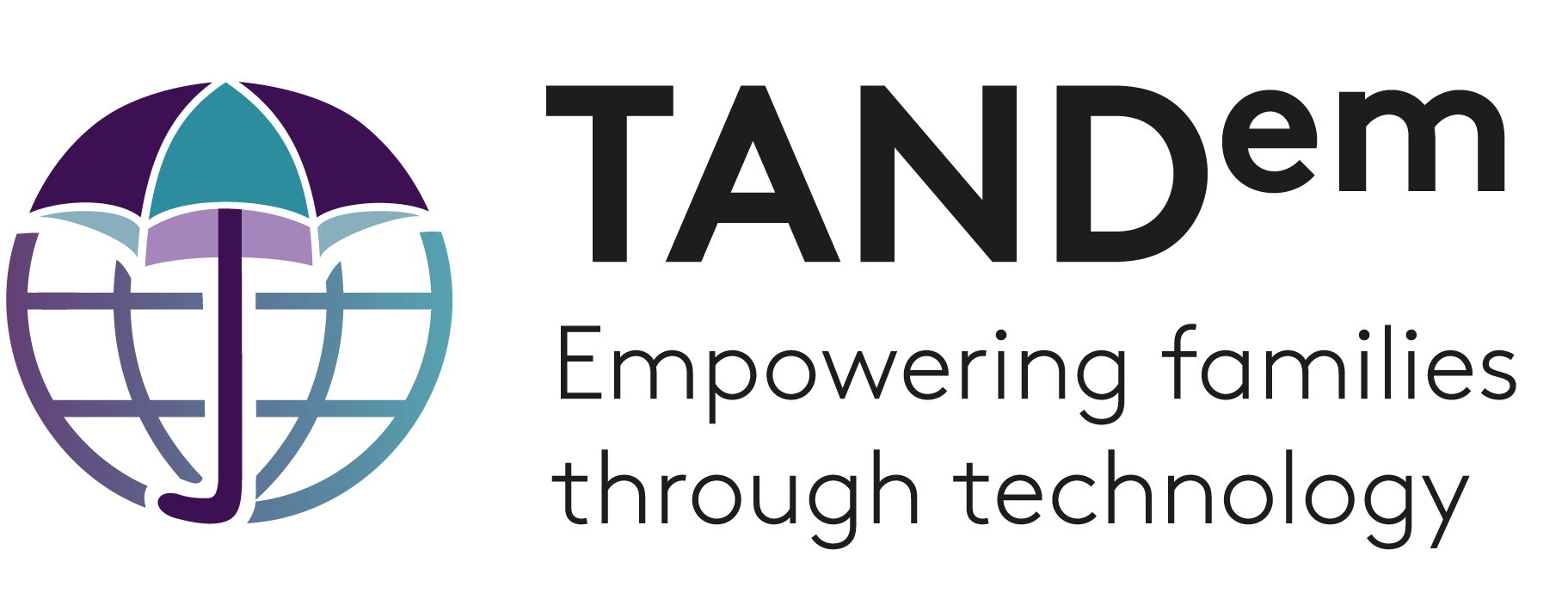Dysregulated behaviours
“Like I mentioned, devices are an issue for us. My son can be engaged, focused, happy, pleasant if he does not have any device time. If he does have some device time (either gaming or TV, 20min or 2hrs), he is irritable, does not focus, can disengage himself from us, seems to pretend play in his mind. I’d like to get an understanding of what is happening in his brain. To identify what is being triggered to cause such a different personality? And then how can we help him self-regulate. I have some tricks to try to help him and we strongly limit his device time… Devices are the only thing that trigger this negative mood and it’s a drastic difference from his normal sweet manner.”

